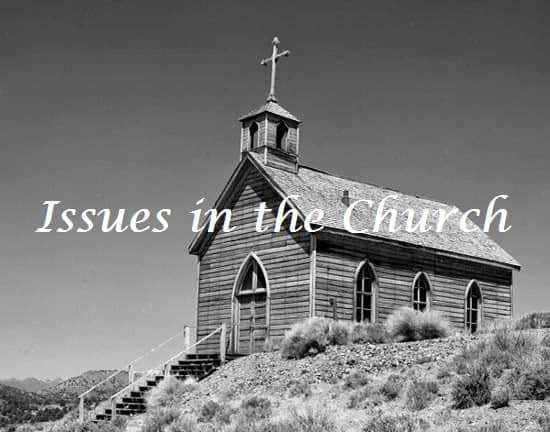⏱️ Estimated Reading Time: 4 min read
Forgiveness is often a subject that resounds from our pulpits. We herald the most incredible message of forgiveness imaginable. The God who is holy, holy, holy sent His only Son, Jesus, into the world, to save sinners, by dying on the cross as our substitute. All who receive the Son and believe in him are saved. To be saved means forgiveness of our sins and being restored to relationship with God. This is the central message of the Christian faith—forgiveness of sins through Christ.
No orthodox preacher would deny this or neglect his responsibility in preaching it. However, there is another aspect of forgiveness we must examine. This inquiry is not one for our pulpits, but our own hearts. The gospel tells me I am forgiven of my sin by God. The gospel also tells me that I can, indeed I must, forgive the sins of others. This message is the one often neglected in both our pulpits and hearts.
Pastoring is no easy job. Yes, we get to experience the incredible high of changed lives, but we also experience the incredible low of how hurtful people can be. I am sure you have been on the receiving end of people’s gossip, insults, accusations, and hurtful behaviors. I have. I have been rejected and bad-mouthed by people because they wanted to be in what they perceived to be my “inner-circle.” Folks I have married, baptized, or did marriage counseling with because they were about to divorce, have left the church because the church has grown beyond my ability to personally call them or have them over for dinner. It hurts deeply.
I am not unique in this. If you are a pastor, you are likely saying to yourself, “Yeah, bud, it’s called a day that ends in ‘Y.’” I am not mentioning these experiences because of the need for sympathy. I mention these because they are evidence of a real need I—and you—must spiritually work through. That need? Forgiving others.
We preach for people to receive forgiveness from God by trusting the gospel. Do we preach to ourselves the need to extend forgiveness to others by trusting the gospel? Those who have hurt us are not innocent of wrongdoing, yet the hurt we have experienced does not exempt us from practicing forgiveness.
“For if you forgive others their trespasses, your heavenly Father will also forgive you, but if you do not forgive others their trespasses, neither will your Father forgive your trespasses.”-Matthew 6:14-15
In the parable of the unforgiving servant (Matthew 18:23-35), Jesus highlights in further detail the importance of forgiveness. Jesus tells a story of a king who settles accounts with servants and one owed an amount he could not pay. When the king was about to order for he and his family be sold to make the payment, the man begs and pleads for patience with him. The king is moved to pity and forgives the man’s entire debt. Then the same man, who was owed a debt, seized and choked the one unable to pay him. When the king received the word, he ordered the servant back and scolded him for withholding the same mercy he had received. His former debt was restored, and he was imprisoned because he could not pay.
It is a powerful story. Jesus concludes the parable by telling all listeners, “So also my heavenly Father will do to everyone of you, if you do not forgive your brother from your heart.” Let that sentence sink in.
Forgiving others is not optional for Christians. Does this mean we must be best friends with people who have hurt us? No. Forgiveness does not equal restoration. In order for relationships to be restored, there must be genuine repentance by the one who caused the hurt. However, forgiveness starts in the heart of the one hurt. I forgive because I have been forgiven.
All forgiveness, according to this passage, begins vertically. We forgive horizontally (others) because we remember what we were forgiven vertically (by God). Only as I look at God’s mercy and forgiveness to me can I truly forgive those who have wronged me.
So pastors, as we experience hurts at the hands of the very people we seek to serve and labor to see Christ formed in, may we keep looking above to find our strength to forgive. May we fix our eyes on Jesus who has forgiven us of infinitely more than we have ever been wronged. When we ask him, “Lord, how often will my congregation sin against me, and I forgive them? As many as seven times?,” we will hear him reply back to us, “I do not say to you seven times, but seventy-seven times.”



